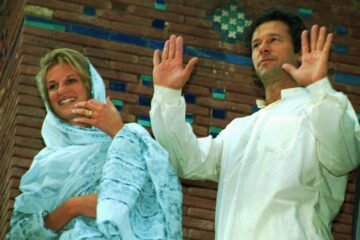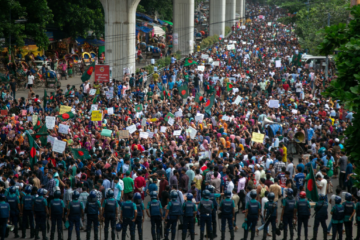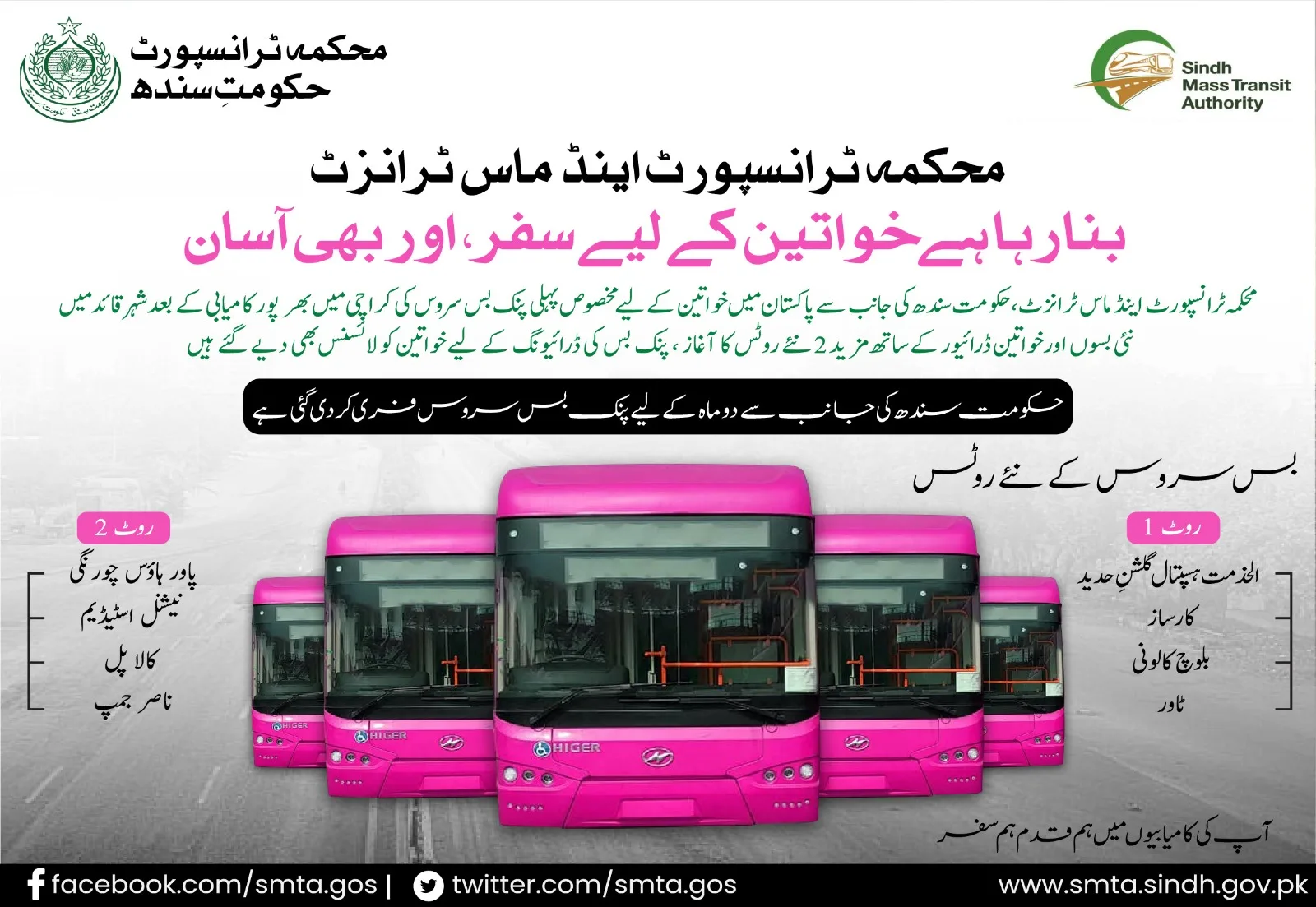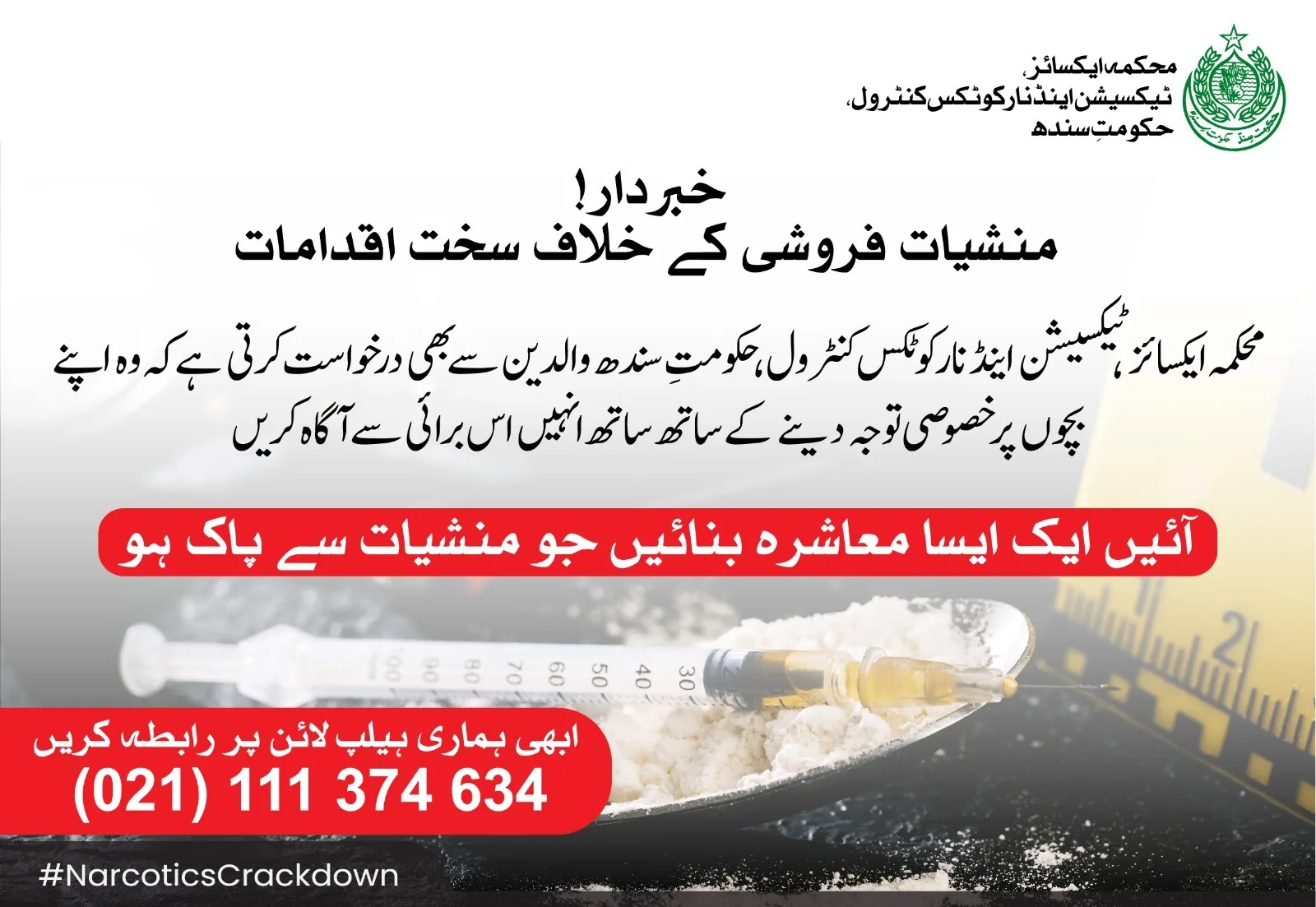How Can Social Media Derail The Pakistan India Engagement Process?

The recent diplomatic engagement between India and Pakistan followed by the resumption of the 2003 ceasefire at the Line of Control has taken the world by surprise. Where the proceedings of the talks had majorly been clandestine, both the sides seem to be showing proclivity for peace and dispute resolution. Nonetheless, this diplomatic engagement and rapprochement activity is unlike the hitherto peace efforts. This time, public opinion, narrative construction, and information offensive is of utmost importance. Social media and digital platforms have created an information ecosystem which has the potential of transforming the outcome of the engagement effort, if not properly addressed.
How can a few million social media users from both countries transform the outcome of a diplomatic effort being carried out at the national level by officials on both the sides? The answer is deception. Social media is a tool of deception. It has the potential of launching an information offensive blitzkrieg targeting millions of users and shaping public opinion, and that too, at the speed of light. When uncooked information is spread, coupled with anonymity and without the fear of retribution, the result is a reality bending narrative, resonating across society. In this context, the already brittle and volatile relationship between Pakistan and India can easily be derailed and engagement efforts, however worked upon, will go back to square one.
Furthermore, the India Pakistan engagement efforts in the past have been put to a stop by the role played by showstoppers present at both the sides and across the globe. From political disturbances in Pakistan spilling over in foreign diplomatic enclaves to the rise of muscular nationalism in India, inefficiencies and frequent bumps on both sides have hampered the conclusion of the bilateral thaw process. The perennial fault lines based on ethnic, religious and social deprivation, present on both sides were easily utilized by pessimists to sow seeds of skepticism. Through social media, disinformation campaigns backed by dissemination of lies have the potential of misleading people and promoting a culture of mistrust.
In addition to this, as discussed, the recent decade has witnessed the rise of right wing leaders and hyper nationalism in India. The political elite has used barbs against Pakistan to clench power. The RSS backed Hindutva ideology has targeted Pakistan’s stance on Kashmir, which was materialized in 2019 when the Indian Parliament abrogated the special status of Kashmir. In such circumstances, the nationalist political elite will find it difficult to flip public opinion constructed on bellicosity against Pakistan, that too, when message tailoring and perception management is at play across online platforms. Hence, extending the olive branch towards Pakistan will be difficult when antagonist tweets from the past tagged with new hashtags keep surfacing across netizen’s news feeds.
What can be done to neutralize the social media factor in the engagement equation? As a first, the engagement process should be kept covert. So far, both the sides have practiced this and have seen the progress leaps and bounds. Secondly, the two sides should launch government backed information campaigns to counter mistrust. The public should be taken in loop by underscoring the dividends of having regional peace and economic engagement. Lastly, it is pertinent that digital wildfires, ignited by sentiment manipulation and fake news, targeting the progress of the engagement process, must be extinguished.
The role played by social media in the social, economic and political landscape cannot be stressed enough. Within a decade since their inception, these platforms have changed the course of Middle Eastern politics, determined the 2016 US Presidential Election outcome, and assisted the Russians in engulfing Crimea. To ensure that the engagement process sees daylight, both Pakistan and India will have to realise the role played by the information ecosystem and utilize these tools to their own advantage.
Stay tuned to Baaghi TV for more. Download our app for the latest news, updates & interesting content!











